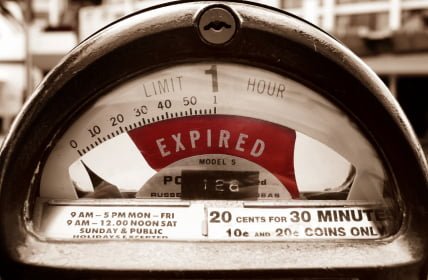Q: If there is a debt that that does not appear on my credit report and it is past the time that they can report it do I have to pay it? What can I do to stop having this company call my home.
A: Two different set of laws apply to how long a debt can be reported on your credit report, and how long a company or a debt collector has to legally collect on a past-due debt.
For starters, negative information such as late payments or non-payments can stay on your credit reports for 7 years from the time you made your last payment. In some cases, like bankruptcy, negative information can stay on your credit report for 10 years. This is determined by the Fair Credit Reporting Act.
When it comes to how long a creditor can try to make you pay an overdue debt, that is determined by the Fair Debt Collection Practices Act, as well as state law — specifically, the statute of limitations in your state (or the state where the creditor/bill collector is located).
Generally speaking, the statute of limitations on most debts runs anywhere from three to 10 years. When the statute of limitations has passed, that simply means that a debt collector has no legal right to try to pursue you in court, try to get a judgment against you or make you pay a debt — because the debt is now legally unenforceable.
So if a debt collector did waste his/her time trying to take you to court over a very old debt, you would just have to show up on court and tell the judge that the statute of limitations on the debt has expired. And you would win the case, just like that.
So how do you make this debt collector stop calling you? Simply tell them to stop — verbally and in writing. You should first find out the statute of limitations in your state. If it’s passed, which is probably has, tell the debt collector that “The statute of limitations on this alleged debt has expired. So don’t contact me anymore.”
Then write a “cease and desist” letter, which tells them to refrain from contacting you, and lets them know that you know your rights under federal law. (Also, read my post how how I dealt with a “zombie” debt collector).
The fact that this debt isn’t even on your credit tells me that it’s more than seven years old. So you probably shouldn’t worry about them taking any action to hurt your credit, and it’s likely they can’t legally taken action against you in court either.
Also, read this article I’ve written about eliminating debts using the statute of limitations:
Good luck!








